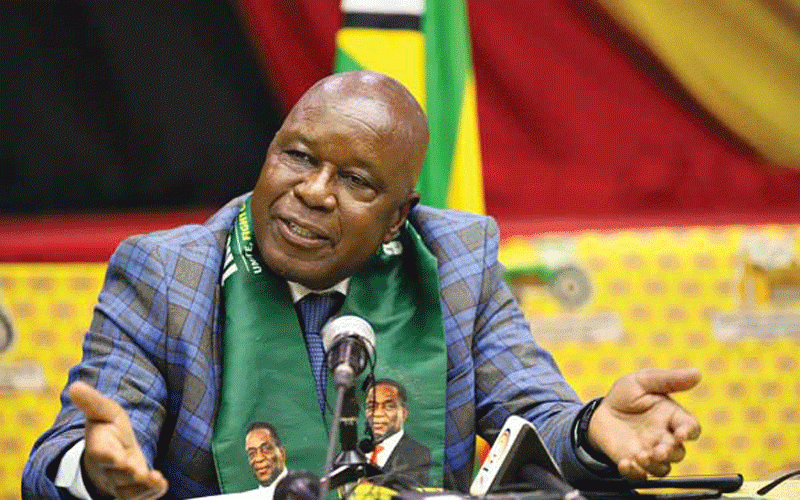
Two important developments took place in Parliament this week. The first was the introduction and adoption of a motion in the House of Assembly to introduce a Bill to amend the Urban Councils Act, while the second one was the introduction of the long-awaited Prime Minister’s Question Time.
The motion to introduce a Bill to amend the Urban Councils Act (Chapter 29:15) was moved by the MDC-T’s Tangwara Matimba from Buhera Central Constituency.
The motion seeks to reduce the powers of central government over municipal and town councils, thereby encouraging democracy at local levels.
The Bill will also correct anomalies arising from previous amendments made to the Act. The extent of central government’s present powers over councils and the way in which this Bill will reduce those powers, will only become clear in the explanations of individual clauses of the Bill when it is gazetted and introduced in the House.
From debate of the motion on Tuesday, it would appear the Bill seeks to have all councillors elected not appointed. This will ensure we have a council that has a full legitimate right to represent citizens in local governance affairs.
The Bill seeks to ensure central government’s power to declare, alter and abolish local government areas is subjected to public consultation and consent. The current law gives the Local Government minister excessive powers to change the boundaries of local authorities.
The minister will also be required in the proposed amendments to meaningfully consult municipalities and the Parliament Committee on Local Government when taking actions such as appointing caretaker councillors whose terms of office will be limited and allow elections to take place as soon as possible.
The thorny issue of suspension of councillors by the minister will be tackled in the Bill to allow the decision to be made by the High Court with the right of appeal to the Supreme Court. It is expected that the Bill will also bring in provisions to improve delivery of basic services by local authorities.
- Chamisa under fire over US$120K donation
- Mavhunga puts DeMbare into Chibuku quarterfinals
- Pension funds bet on Cabora Bassa oilfields
- Councils defy govt fire tender directive
Keep Reading
While it is most likely that debate on the Bill will be split between political lines, what is significant is that private member bills are becoming more and more common, thereby strengthening Parliament’s law-making function. Gone are the days when Parliament only existed to rubber-stamp legislation initiated by ministers.
The proposed amendments and the debate that will ensue will ensure issues of local governance are put into the public domain, leaving the public to judge for itself what the credible propositions are.
I also expect the Portfolio Committee on Local Government to conduct public hearings on the Bill once it has been gazetted. This will further keep issues of local governance on the spotlight.
The first Prime Minister’s Question Time on Wednesday was generally lively, with members posing pertinent questions on issues such as agricultural support, re-introduction of duty on basic imported products, under-performing parastatal bosses, uncompleted government projects around the country, the indigenisation policy and freeing up the air waves.
The Prime Minister made it clear he would respond to policy issues only while operational matters would be directed to the relevant ministers.
While the responses from the Prime Minister were good, the public would benefit from more detailed responses and clear proposed actions to address the policy failures.
Spelling out concrete actions to address such policy matters and the time frames will enable members of Parliament to make follow-ups on executive assurances.
This is why I am a strong proponent of questions with notice in addition to the current arrangement of questions without notice for the Prime Minister. The session must be more lively and robust such as what prevails in other parliaments such as the House of Commons.
The rules of Parliament allow for the Prime Minister’s Question Time every last Wednesday of the month in the House of Assembly and every last Thursday of the month in the Senate. This is good enough given there is already Question Time every Wednesday for ministers in the House of Assembly and Thursday in the Senate.
Lastly, for question time to have a significant positive public impact, it is important for the national broadcaster to provide live radio and television coverage of the session in order for citizens to closely follow debates on important broad national policy issues.
Public participation in legislative business can only be promoted if we have increased media coverage, especially by radio which has a wider reach.
Now that we have Question Time for the Prime Minister, the challenge to members of Parliament is to carry out more detailed research in order to ask more informed questions and derive greater value from this slot.











